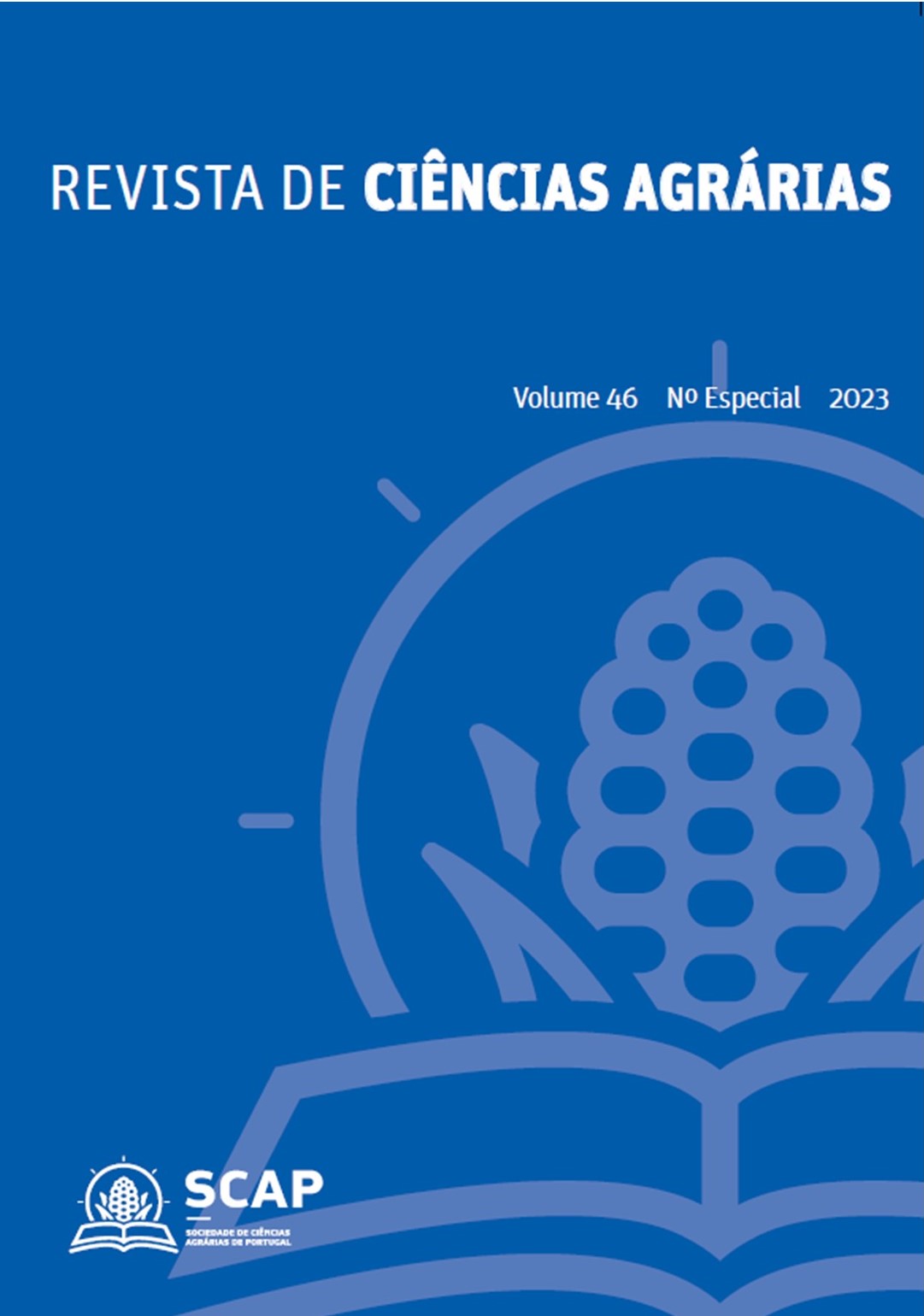Effect of the application of treated and vermicomposted sludge on the chemical properties of a distric Cambisol
DOI:
https://doi.org/10.19084/rca.33907Abstract
The application of treated sludges in the soil is justified by their fertilizing value. The low stability of these by-products leads to a decrease in soil quality, justifying their biological valorisation. The application of products resulting from vermicomposting allows soil quality improvements, main reason for the present study. Therefore, the effect of the application of organic matter (20 t MS/ha), in the form of treated sludges (LT) and vermicomposted sludges (LVC), was evaluated in the chemical characteristics of a district cambisol, compared to a control group (0 t MS/ha), based on a short-term incubation test (28 days), under laboratory conditions. The obtained results revealed that LVC induced higher and significant (p<0.05) increases in soil fertility parameters, such as pH, organic matter, extractable P, exchangeable bases, and micronutrients, compared to LT. An opposite trend was observed for mineral N and heavy metal, due to a higher reduction of N-NH4+ and assimilation/absorption phenomena by the worms, respectively, as a result of the greater stability of LVC. These results reveal that the use of stabilized organic materials is the most effective option in improving the quality and sustainability of soil functions.


